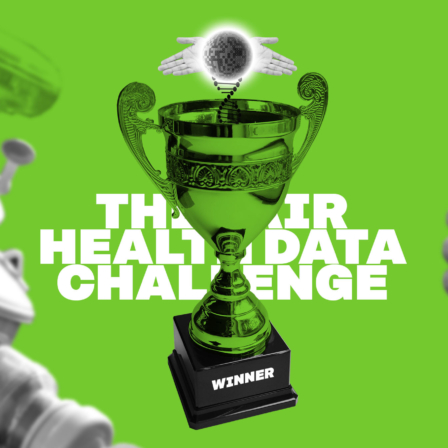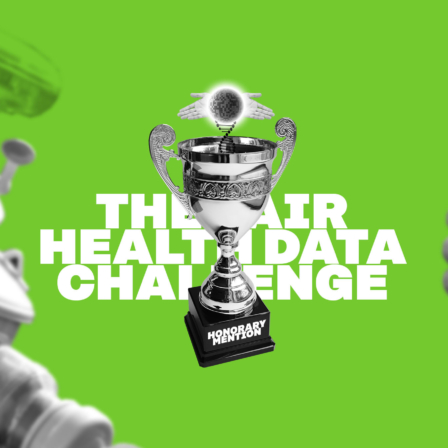Genome research makes it possible to get more precise information on many illnesses, such as diabetes and cardiovascular diseases. Researchers can develop effective medicines and treatments and they can also eliminate treatments that are ineffective.
The P5.fi project is aimed at ascertaining the risk of people contracting certain illnesses. The information on the risks can be used for proactive healthcare and can motivate people to adopt healthy eating habits, for example.
Many people are already buying test kits for home use and take these analyses to their doctor’s surgery. This also changes how doctors work. Genetic information is becoming part of medical routine.
This is the part of our video series, which is linked with the 2nd Annual Nordic Precision Medicine Forum event held in Copenhagen on 20–21 March 2018. Sitra’s projects concerning well-being data and human-driven data economy were presented at the event.

















Recommended
Have some more.